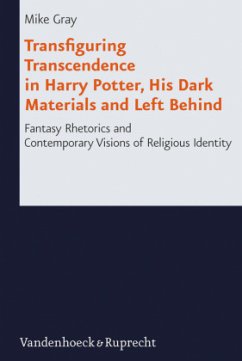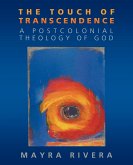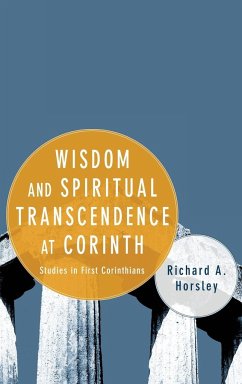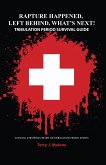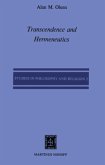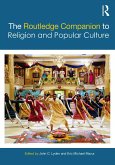Three recent and commercially successful series of novels employ and adapt the resources of popular fantasy fiction to create visions of religious identity: J.K. Rowling's Harry Potter books, Phillip Pullman's Dark Materials and Tim LaHaye and Jerry Jenkins' Left Behind series. The act of creating fantasy counter-worlds naturally involves all three stories in the creation of what Mike Gray terms "transfigurations of transcendence": hopeful albeit paradoxical encodings of the ambiguous, non-observable reality whose primary locus in modern society is the societally extra-systemic human individual. Popular fantasy fiction turns out to involve acts of world-creation that are inherently religious and inherently paradoxical.A substantive examination shows that all three are involved in more or less intentional re-narrations of traditional Christian beliefs and narratives. The »atheist« His Dark Materials series does not deny but re-imagines the Christian visions of selfhood; the »traditionalist« Left Behind series does not simply replicate but modifies its own declared values; the apparent secularity of the Harry Potter series is shaped by its creative reception of Christian patterns and narratives. While the stories' visions of selfhood clearly clash, the basic paradoxes involved in their struggle to articulate transcendence expose significant parallels and a productive conversation with the Christian tradition.It is not simply that popular fantasy fiction is theologically relevant - the Christian Heilsgeschichte, too, proves to be highly relevant in popular culture. However, while far from obsolescent, models of religious identity in contemporary society require criticism and creativity - and, as evinced most powerfully in the Harry Potter stories, a flair for constructive engagement with paradox.
Hinweis: Dieser Artikel kann nur an eine deutsche Lieferadresse ausgeliefert werden.
Hinweis: Dieser Artikel kann nur an eine deutsche Lieferadresse ausgeliefert werden.

